Student take on slanted media coverage as it relates to recent shooting across the nation
October 20, 2017
Waking up on Monday, the second of October, checking the cellphone that lays beside you, everyone has the same notifications etched onto their screen. It screams for attention, whether it be from CNN, Fox News or Buzzfeed, reading “Las Vegas Massacre” or “Deadliest Mass Shooting in US History” in bold text. Just seeing this news strikes fear into people. Some may rush to find the answers, while others send out a quick tweet as a sign of an empty prayer.
As a minority, as a person of color, as a Muslim, unfortunately, the first thought that crossed my mind in this situation was, ‘Oh no, please don’t say it’s a Muslim who did this, please don’t say it’s someone like me’.
First and foremost, this is in no way trying to take light away from the situation at hand. My heart goes out to all of the families affected by the Las Vegas tragedy. However, this terrible event is just one of many that exhibit how the media blindly covers terror attacks based on the race of the perpetrator.
My immediate reaction to hearing about an event such as the Las Vegas shooting is to learn more. Specifically, I need to learn more about the criminal. When the criminal is a person of color, especially a “brown person” in my case, it is as if the crime reflects all of those with the same skin tone. When a person commits an attack in the name of Islam, it is as if the religion and its 1.5 billion followers are to blame.
It is very rare to find journalism that labels Stephen Paddock, the Las Vegas gunman, as a terrorist. According to Nevada’s state law, an “‘Act of terrorism’ means any act that involves the use or attempted use of sabotage, coercion or violence which is intended to cause great bodily harm or death to the general population.” Paddock used violence openly, killing 59 people and injuring about 200 others. Therefore, in Nevada, this action, this act of aggression, can be labeled as domestic terrorism.
Why is it that the media often is able to throw “the t-word” at a person of color, but fails to use the phrase when the criminal is a white male? This failure to react appropriately and timely emphasizes America’s deep-rooted, systemic racism.
One may argue that these loaded terms are just words, they hold no real power, unlike the 1,600 rounds of ammunition Paddock had in his possession. When does it become more about the term used, just call a spade a spade. What this viewpoint doesn’t take into account is how people react to these labels. Depending on the demographics of the attacker, these reactions lead to a dehumanization of a certain race or culture. When I hear the word “terrorism”, a person of color is automatically connected to the term, and I am certain that this happens for others as well.
According to a comprehensive study on the perpetrators of mass shootings from 1982-2017 by Mother Jones, more than 54 percent of the shooters have been caucasians. However, the media often throws words such as “lone wolf” or “local individual” if the shooter is white, “thug” if the shooter is black or “terrorist” if the shooter is brown. This creates biased and unfair stereotypes, and an entire race will be forced to deal with the repercussions.
Often times, I feel as if I have to apologize on behalf of my race or my religion for a terrible event that may be remotely linked with my identity. This is the main reason why I have such a visceral reaction to these acts of terrorism. I don’t see every Christian feeling obligated to take the blame for KKK protests happening throughout our country, so why do I feel obligated to take the blame when a terror attack that is caused by a Muslim, such as the Pulse nightclub shooting, that I share no values with?
Of course, it is important to recognize that race or religion aren’t the only factors that played a part in the Las Vegas shooting. It is impossible to boil an issue down to fit one specific agenda, especially one as wretched as this one, but it’s still crucial to realize the other factors that play into it.
So maybe after you tweet out “#prayfor_____” and donate whatever you can to help out those who were affected by the attack, think on how this tragedy is being covered in the news, and educate yourself as much as possible. Rome wasn’t built in a day, just as these issues will not disappear in an instant. Piece by piece, we, the next generation, are tasked with the duty to obliterate the unfair stereotypes in order to look at the bigger picture at hand.










































































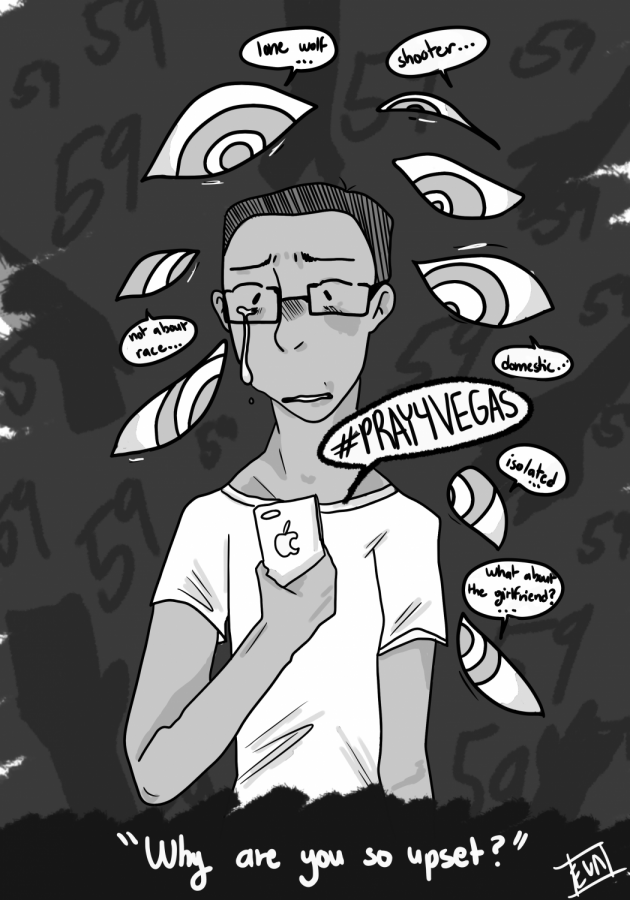
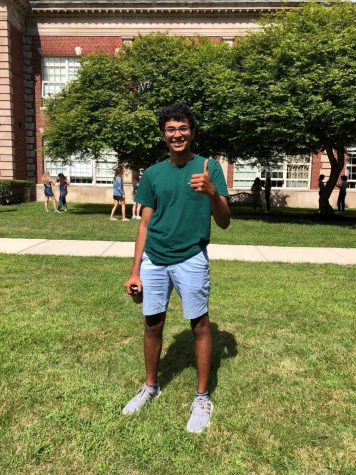
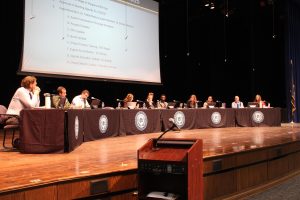

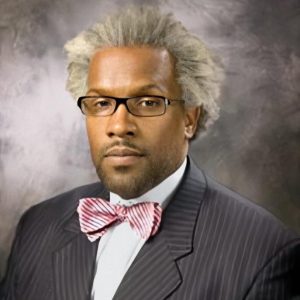

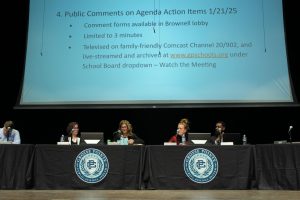
Fka • Oct 21, 2017 at 8:23 am
This is such a well articulated article hitting the issues right on the head! Great job on a wonderful piece!!!
Jabeen hamzavi • Oct 20, 2017 at 7:47 pm
Beautifully written
Very insightful.